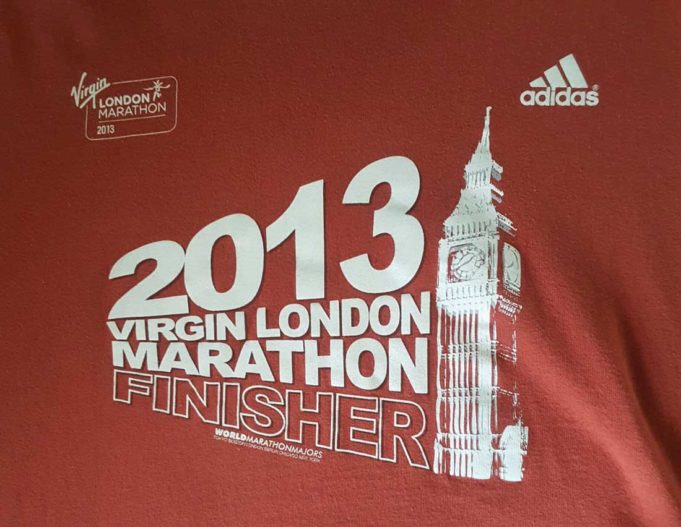The 2018 FIFA World Cup has just wrapped up a month-long quadrennial festival of soccer. I’ve watched and played sports my whole life, and watching the World Cup has always been a highlight. As a kid, I loved hearing the otherworldly-sounding names, seeing faces I didn’t see in my English working-class neighborhood, and marveling at the uniforms and anthems of places I had barely heard of and most assuredly could not find on a map – cue Dad flexing his well-toned didactic muscles as he had me reaching for a high shelf to bring down the enormous Atlas of the World. Reflexively, I would support the England soccer team and remained engaged with their progress through the major tournaments through my late 20s. Something broke in the middle of the first decade of the new millennium. Not only had my engagement with the men’s national soccer team morphed from interest to apathy to antipathy, so had my general sense of what it was to be English, then British.
In watching most every game of this World Cup, I had a similar lack of interest in England playing soccer as did my good friend and compatriot G. P. Kennedy, though his lack of interest was my utter disdain for what the soccer team represents, who it is supported by, and how they are reported on. I was actively rooting against the country of my birth, a place I have spent the vast majority of my life. As American friends one by one assured me they were rooting for England before each game, I let them down not at all gently by informing them that I was supporting the opposition – every time, every game. As England was eliminated at the semifinal stage of the tournament, still more friends commiserated with me, hardly able to believe that I was genuinely pleased that Croatia had advanced to the final.
So what the hell is this all about, the antipathy bordering on hostility? To answer this question, we need to take a couple journeys, one back in time and the other to various parts of the globe. You will be traveling in time with me and globetrotting with a few of my friends who also were born and grew up somewhere other than where they live now or Americans who have lived overseas and returned home. In short, all contributions to this article come from “foreigners,” or “extranjeros,” as I prefer, most likely because it sounds fancier and makes me think that you think I am clever and worldly-wise.
A potted history of England (post 1997) is in order. After 18 mostly miserable years of Conservative Party rule in the U.K., Tony Blair rode a wave of optimism and vitality that saw him surf to the prime ministership. I was happy, as were the majority of people, that the boom-and-bust days of Thatcherite policies were behind us. Blair wasted no time in dashing our hopes. Fast forward to 2005 with a lot having happened, not least of which was the Iraq debacle and me becoming a single dad. Don’t worry. I got my figure back in double-quick time. As for Blair, he went from full-of-promise, fresh-faced political cherub to worn out, cynical political hack obsessed with “legacy,” He swung way right, favoring Thatcherism over bolstering the rights of workers and failing to break the cycle of boom and bust, a central plank of his 1997 election promise.
With hopes dashed and the sheen of globalization wearing off, England had become a more insular and introspective place, where the diverse metropolitan populations were under attack in all ways. “Little Englanders,” those petty working-class whites, gathered around the flag of St. George and watched it flutter from the upstairs windows of their newly acquired council houses, blown by the foul winds of rhetorical bile and suspicion. These are the faces of England you have seen in those World Cup cutaway shots of soccer fans. Where other nations are visually represented, fairly or not, by jolly young men in silly hats or wigs and well-kempt young women, you are seeing a fair representation in the often bald, often fat, always gray-faced English soccer fans. They are not me, and I want no part of them. I got out of England fast as I could, leaving behind nothing but a string of shitty jobs way below my education and experience. Looks like a clear-cut case of me running from England to Texas then? Not so fast.
This son of a factory foreman and a night-shift worker knows some pretty fancy people on the face of it. I know Americans in France, Germany, Italy, and England. Long-standing English friends live in Australia, Finland, Japan, and Russia. They are academics, engineers, homesteaders, and co-operative farm owners. My long-dead grandparents would not know what to think of li’l ol’ working-class me hanging with all these bougie types. I checked in with some of my far-flung friends, and they weighed in on the matters of the day. What was their motivation in moving their lives overseas? How do they interact with sports, current affairs, culture, and such in the places they left behind? Some left, then returned, offering an additional perspective.
I have known a very smart guy named Paul for over 20 years. In “Truman Talks: Pot” (May 30), it was to his house that my friend Simon, who now lives in Australia, was driving while I was tripping on the backseat after a session on the White Widow. Paul moved from England to rural France and chooses to refer to himself as an “émigré.” Quickly immersed in the labor of homesteading, Paul slipped into a mindset familiar to me. He developed the shtick of the disgruntled foreigner happy in his new home while detesting the place of his birth. Despite saying that he “despised” England, Paul maintained an avid interest in British news and political affairs. Surprised by his penchant for detesting England, Paul was equally struck by how positive French people were about France. To this, I can absolutely relate. To be English is to be imbued with the sense that it is decorous to have a faint disdain for one’s homeland. My experience of Americans is that they can enjoy the freedom to both critique and enthusiastically trumpet the glorious history of their homeland. Paul has recently returned to the U.K., setting up shop in rural Wales, which is a lot like France but with considerably more danger of incurring a phlegm-covered face when conversing with locals. His addiction to disdain is now being managed by a twice-a-day tai chi habit, and he now frequently quotes Rudyard Kipling’s famous phrase: “And what should they know of England who only England know?” Yes, Paul. Yes, indeed.
The American friends who have lived overseas speak with one voice in talking of the sense of shared history they encountered that runs through people’s personal lives and a sense of national identity. This richness of culture comes home with them as they have, to a man and a woman, returned to the United States. To my astigmatic eyes, it is people like them who enrich our country. The generations of descendants of immigrants, the native people, the ongoing influx of “foreigners” and “émigrés” and “extranjeros,” continue to reshape and redefine what it is to be American. America is not set like a plate of Jell-O. It is fluid like a rich crème anglaise. Enough with the metaphor mixing. The myriad reasons I chose to run toward the States and, specifically, Fort Worth involve its very fluidity, its lack of being set. England is done. “Finished,” one might say. Our story, here in the Fort, is still being written. I have a few lines of my own to add. For that, I will keep on running. I’ll be running in (the right) place.












